Eaton Relays: General Purpose & Power Relay
Eaton relays are essential components in industrial control systems. They provide reliable switching, protect equipment, and enhance safety. DC relays ensure long operational life and versatility. Overloads prevent motor damage and system downtime. Alternating relays reduce wear and increase equipment lifespan. General-purpose relays are suitable for diverse applications. NEMA machine tool relays are built for heavy-duty use. Solid state relays offer durability and fast switching. Timing relays provide precise control. Safety relays ensure protection for machines and personnel. Terminal block relays save space and simplify installation. XT IEC control relays offer high reliability and easy integration.
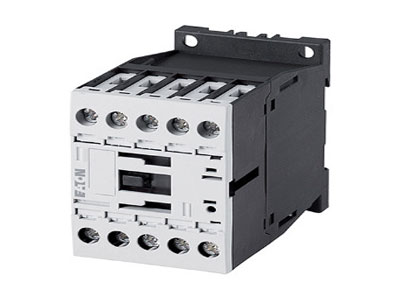

Eaton Relays: Mill-type DC relays and overloads
DC Relays:
- Reliable switching for industrial control circuits
- Long operational life
- Various voltage/current ratings
- Overloads:
- Protects motors/equipment from excessive current
- Adjustable trip settings
- Prevents system downtime
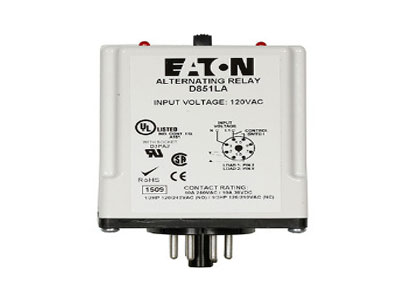
Eaton Alternating Relay
Function: Alternates the operation of multiple loads
- Application: Reduces wear on pumps, compressors, and other equipment
- Benefit: Increases equipment lifespan and reliability
- Feature: Adjustable settings for sequence and timing
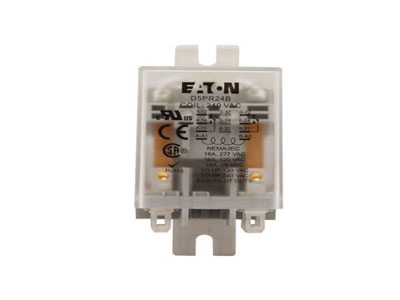
Eaton General Purpose Relays
Versatile Use: Suitable for a wide range of applications
- Reliable Performance: Ensures consistent operation
- Variety: Available in multiple configurations and ratings
- Compact Design: Saves space in control panels

Eaton Latching Relay: NEMA Machine tool relays
Durable Construction: Designed for heavy-duty applications
- High Performance: Ensures reliable operation in demanding environments
- Versatile: Suitable for a variety of machine tool applications
- Standards Compliance: Meets NEMA specifications

Eaton Power Relay: Solid state relays
No Moving Parts: Increased durability and reliability
- Fast Switching: Suitable for high-speed applications
- Silent Operation: Reduces noise in sensitive environments
- High Vibration Resistance: Ideal for harsh conditions
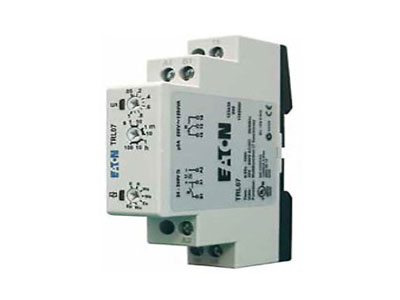
Eaton Timer Relay
Precise Timing Control: Adjustable delay settings
- Versatile Applications: Used in automation and control systems
- Reliable Operation: Ensures consistent performance
- Various Configurations: Available in multiple timing ranges and modes

Eaton Safety Relay
Enhanced Safety: Ensures machine and personnel protection
- Reliable Performance: Meets stringent safety standards
- Versatile Applications: Suitable for emergency stops, light curtains, and safety gates
- Diagnostic Capabilities: Advanced monitoring and fault detection
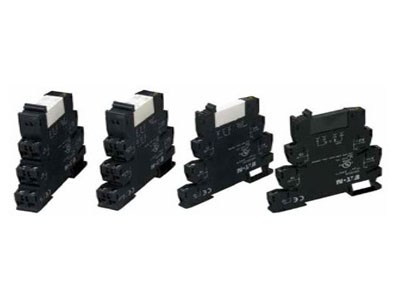
Eaton Motor Protection Relay: Terminal block relays
Compact Design: Saves space in control panels
- Easy Installation: Simplifies wiring with plug-in connections
- Versatile Applications: Suitable for various control and automation systems
- Reliable Performance: Ensures consistent operation and connectivity
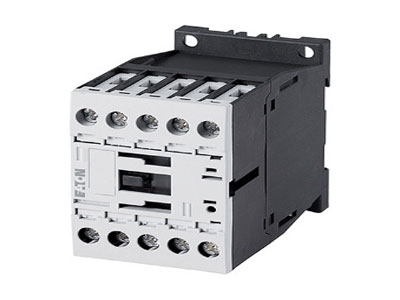
Eaton Relay MS: XT IEC control relays
High Reliability: Ensures consistent and dependable operation
- Compact Design: Saves space in control panels
- Flexible Application: Suitable for various industrial control systems
- Easy Integration: Simplifies installation and maintenance
IndMALL Automation offers a wide range of Eaton relays for various applications. Eaton Relays provide reliable switching and protection. Eaton Alternating Relays reduce wear on equipment. Eaton General Purpose Relays suit many applications. Eaton Latching Relays are designed for heavy-duty use. Eaton Power Relays offer fast switching and durability. Eaton Timer Relays ensure precise timing control. Eaton Safety Relays enhance machine and personnel protection. Eaton Motor Protection Relays simplify installation. Eaton Programmable Relays provide advanced control options. Eaton Electronic Overload Relays protect motors from damage. Eaton Easy Relays are user-friendly. Eaton Type M Relays meet stringent standards. Eaton Undervoltage and Voltage Monitoring Relays ensure stable operation.
Frequently Asked Questions
Which relay is mostly used?
The most commonly used relays are electromechanical relays (EMR), solid-state relays (SSR), and Reed relays. EMRs are known for their versatility, SSRs for durability and speed, and Reed relays for their compact design and fast operation. Each type serves specific applications in industrial control systems.
What is the principle of relay?
The principle of a relay is electromagnetic attraction. When energized, it operates according to the given signal. An electromagnet pulls a contact to complete or break a circuit. This allows a low power signal to control a high power circuit efficiently. Relays are essential for switching operations in various applications.
What is the work of a relay?
A relay’s work is to open and close circuits electronically or electromechanically. It uses a low power signal to control a high power circuit. When energized, the relay’s electromagnet activates, switching the circuit on or off. This allows for efficient control and automation in various applications.
What is relay advantage?
Relays have several advantages. They can switch both AC and DC currents. They handle high voltages effectively. Relays are ideal for switching large currents, typically over 5A. This makes them suitable for diverse industrial applications. Their ability to control high power circuits with low power signals is crucial for automation and safety.
Find the right Eaton Relays for your industry needs at IndMALL.


